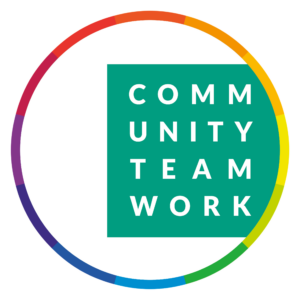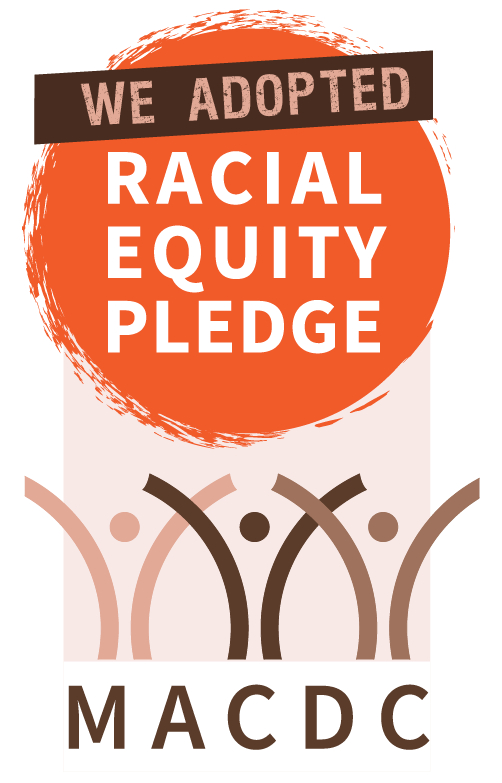
Community Teamwork’s Fair Housing Program promotes fair housing throughout seventy cities and towns in Middlesex and Essex counties. Our comprehensive approach includes raising awareness and understanding about housing discrimination through trainings, outreach, and assistance. Anyone involved in housing is eligible for assistance including tenants, homebuyers, landlords, owners, property managers, and anyone else providing housing related services. All assistance is provided at no cost.
The Fair Housing Program receives and tracks tenant and homebuyer complaints of housing discrimination while offering information and resources, technical assistance, help resolving your issue, and referral to legal services for enforcement.
Fair housing happens when tenants know their rights, housing providers know the law, and community service providers intervene. For more information on housing discrimination or to get help, contact us directly at (978)654-5637 or fairhousing@commteam.org. You can also fill out an online request for assistance here. For information about financial assistance or housing resources, please visit or call the Community Teamwork Resource Center at (978)459-0551
What is Fair Housing?
Fair housing is housing without discrimination. Harming or treating someone unequally in housing because of who they are or what group they belong to is discrimination and it is illegal. Our country has a long and unresolved history of social and institutional housing discrimination. The Fair Housing Program is proud to be part of the effort to bring equality to housing. Eliminating housing discrimination is critical because housing influences all aspects of an individual’s, family’s, and community’s life. Housing discrimination perpetuates disparities in health and healthcare, education, employment, transportation, general stability, quality of life, and generational success and wealth building.
What is Housing Discrimination?
Housing discrimination happens when someone is harmed or treated unequally because of who they are or their membership in a protected class. Everyone belongs to protected classes.
Housing discrimination is often thought of in three parts:
- A person is a member of a protected class;
- A person is harmed or treated unequally in housing; and
- That harm or unequal treatment is because of their membership in a protected class.
Who is Protected?
Everyone is protected against discrimination. Federal and state fair housing laws protect people against discrimination based on protected class status. In Massachusetts, protected classes include:
- Race
- Color
- National Origin
- Religion
- Sex
- Family Status (young children)
- Disability
- Sexual orientation
- Gender Identity/Expression
- Marital Status
- Housing Subsidy
- Public Assistance
- Veteran/Military Status
- Ancestry
- Genetic Information
Who Must Comply with Fair Housing Laws?
Everyone providing housing or housing services must comply with Fair Housing laws that prohibit discrimination. Housing providers include:
- Landlords
- Owners
- Property managers
- Maintenance staff or contractors
- Condominium boards
- Homeowner associations
- Realtors
- Mortgage providers
- Lenders
Common Forms of Discrimination
Housing discrimination can happen in many different ways. Discrimination can be intentional or unintentional, it can happen once or be ongoing, and it can be obvious, subtle, or disguised. Common forms of discrimination include:
- Refusal to rent/sell
- False information on availability
- Different terms or conditions
- Discriminatory statements
- Harassment
- Threatening/intimidating/coercing
- Retaliation
- Denial of reasonable accommodations
- Denial of reasonable modification
If you think you have been discriminated against, complete an online intake or contact us at (978)654-5637 or fairhousing@commteam.org.
Learn More About the Fair Housing Program
DISCLAIMER: The work that provided the basis for this publication was supported by funding under a grant with the U.S. Department of Housing and Urban Development. The substance and findings of this work are dedicated to the public. The author and publisher are solely responsible for the accuracy of the statements and interpretations contained in this publication. Such interpretations do not necessarily reflect the views of the Federal Government.

















